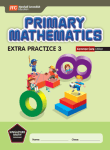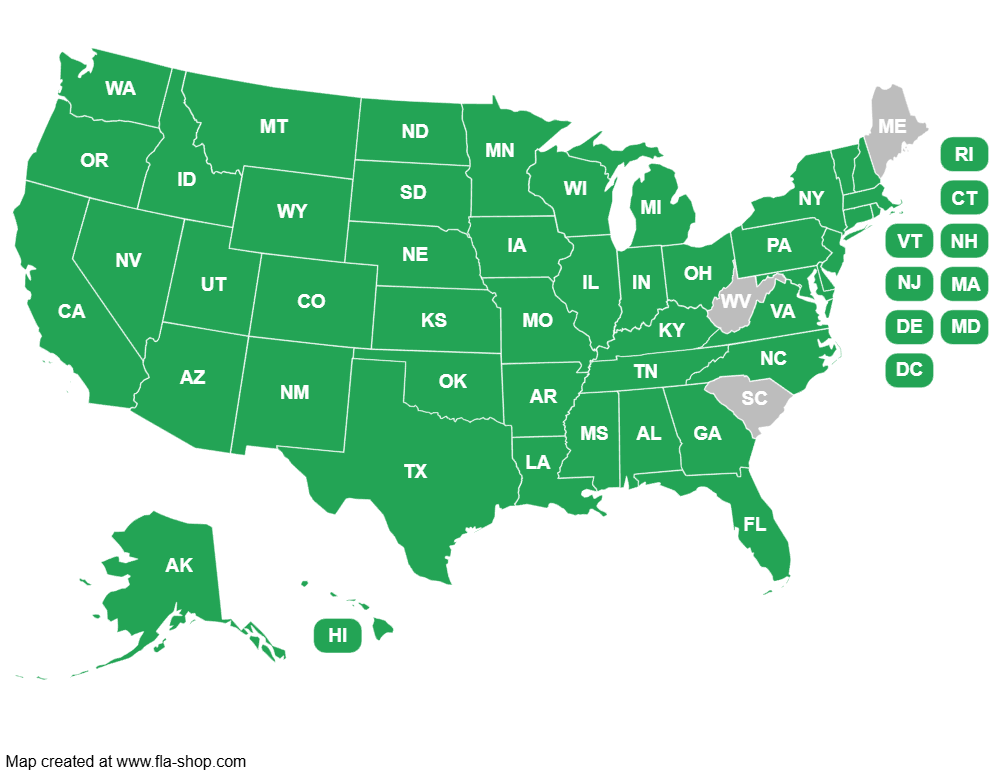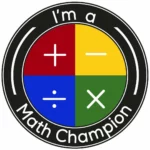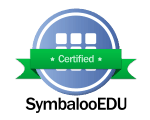School is out and summer is calling, but for many teachers and administrators, summer is a time to take stock and plan and budget for next year.
As a teacher, this is a glorious time of year, but also one of worry. I worry about my students. I worry about those who needed extra support throughout the year understanding and retaining math concepts. How will they fare next school year? Will they regress over the summer months if they don’t do any math work?
There are three categories of students who benefit most from summer math work:
- Those who have struggled all year and maybe never quite achieved mastery on those critical grade level concepts,
- those who easily forget concepts, and
- those whose math confidence could use a boost.
With a Singapore Math program, there aren’t many ready-made options to pick up at the local bookstore. Books that are available focus heavily on procedural understanding rather than underlying math concepts. So what’s a teacher to do?
Aside from recommending tutoring, I have found a couple of options that seem to meet my needs as a teacher and the needs of my students.
Workbook Work
For those looking for a paper and pencil option, I recommend the Extra Practice books from Singapore Math’s Primary Mathematics series. Students should work at the grade level just completed (a rising 3rd-grade student should do summer work in the 2nd grade Extra Practice book).
The Extra Practice books offer parents and/or tutors “Friendly Notes” at the beginning of each unit that explain how to re-teach concepts in a way that is familiar to the student. The notes are followed by practice pages that give parents sample problems appropriate for practicing the concepts and the student an option of working through problems independently. Best of all, they include an answer key in the back so parents can check work and students can re-work problems, if necessary.
These books are written to cover a year’s worth of concepts; I am by no means suggesting that a child complete the entire book over the summer. Teachers recommending this book will need to tailor the tasks to meet each student’s needs. This can be as simple as highlighting the contents page to include units or pages that you would like the student to complete over the summer keeping those critical concepts in mind.
Another option for summer work can be found in online programs. I have come across three online options for concept practice; Primary Math Digital, it’s twin Math Buddies and a program new to the US market, Matholia.
Online Options
 Primary Math Digital (Free 15-day trial) and Math Buddies (Also a free trial) are backed by Singapore Math’s Primary Mathematics and Math in Focus series. Both offer students video tutorials that can be viewed by the student (and parent) an unlimited number of times. These videos are scaffolded to follow the pictorial and abstract progression of learning.
Primary Math Digital (Free 15-day trial) and Math Buddies (Also a free trial) are backed by Singapore Math’s Primary Mathematics and Math in Focus series. Both offer students video tutorials that can be viewed by the student (and parent) an unlimited number of times. These videos are scaffolded to follow the pictorial and abstract progression of learning.
Teachers can assign videos, practice and assessment tasks f or students to complete over the summer at their own pace. The practice pages can be a little challenging to navigate, but with some initial guidance, students should be able to complete the tasks independently.
or students to complete over the summer at their own pace. The practice pages can be a little challenging to navigate, but with some initial guidance, students should be able to complete the tasks independently.
Both programs require the school to purchase annual student and/or teacher accounts to gain access to the library of lessons. There are Homeschool accounts available. Expect a price tag of around $30 per student depending on the number of accounts purchased.
![]() Another, more affordable option new to the US market is Matholia. Matholia was developed by two teachers from Singapore and has been used by teachers and students in Singapore as well as several other countries. This program also includes a library of video tutorials, practice and assessment tasks as well as fact fluency tasks and games.
Another, more affordable option new to the US market is Matholia. Matholia was developed by two teachers from Singapore and has been used by teachers and students in Singapore as well as several other countries. This program also includes a library of video tutorials, practice and assessment tasks as well as fact fluency tasks and games.
The videos are easy to understand and are also strategically scaffolded for student understanding. The practice and assessment tasks are intuitive and easy for students to navigate. As with the other programs, teachers can assign tasks for students to complete over the summer.
Matholia also requires the school to purchase annual student accounts (teacher accounts are free) but is much more affordable at just $8 per student.
Don’t forget the concrete…
I can’t go without saying that any of these options will give students practice, but struggling students need more than just extra practice working through math problems. They need more time in the concrete phase of learning using manipulatives; base-ten blocks, place value chips, model building with connecting cubes or paper strips, fraction strips or circles, etc. So, please, consider not only sending these students home with books and login IDs but also with a bag of manipulatives for hands-on learning and practice.
 Now…back to dreams of lazy mornings and time to relax and recharge. Have a great summer and rest assured that your students will be prepared for the next grade with a little summer math work.
Now…back to dreams of lazy mornings and time to relax and recharge. Have a great summer and rest assured that your students will be prepared for the next grade with a little summer math work.





















[…] Looking for more ideas? See: “Summer Math” Suggestions to Boost Student Understanding” […]